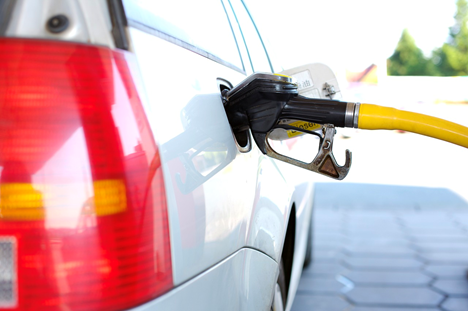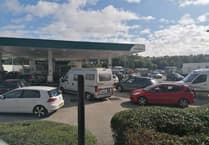In a survey to followers of the Ross Gazette Twitter account, 61.6 per cent of those who responded said that fuel prices have affected how much they drive. The remaining 38.5 per cent said that it has not.
A number of petrol stations in the UK have been spotted with fuel prices as high as £2 per litre. Ten years ago, fuel prices in the UK averaged at 136.3p per litre, with the lowest averages prices in the last ten years being in 2016 at an average of 109.72p per litre.
A litre of petrol costing 185.04p will be made up of: wholesale petrol 83.42p (45 per cent), bio content E10 12.65p (seven per cent), delivery and oil company 1.70p (one per cent), retailer margin 3.47p (2 per cent), fuel duty 52.95p (29 per cent), and VAT at 20 per cent 30.84p (17 per cent). Tax makes up 83.79p (45 per cent) of the price.
The RAC offered advice for those who want to make the most efficient use of fuel. They said that regular maintenance and servicing improves a vehicle’s efficiency, and therefore can improve fuel consumption. They added that excessive speed is the biggest fuel-guzzling factor, having a light right foot and ensuring all acceleration is gentle is very important.



